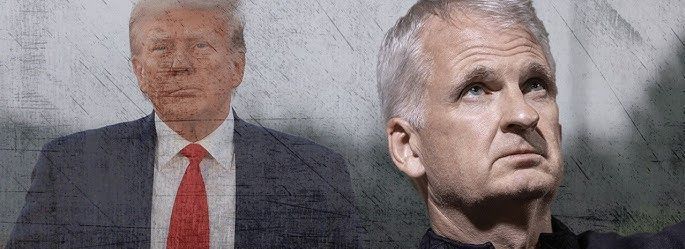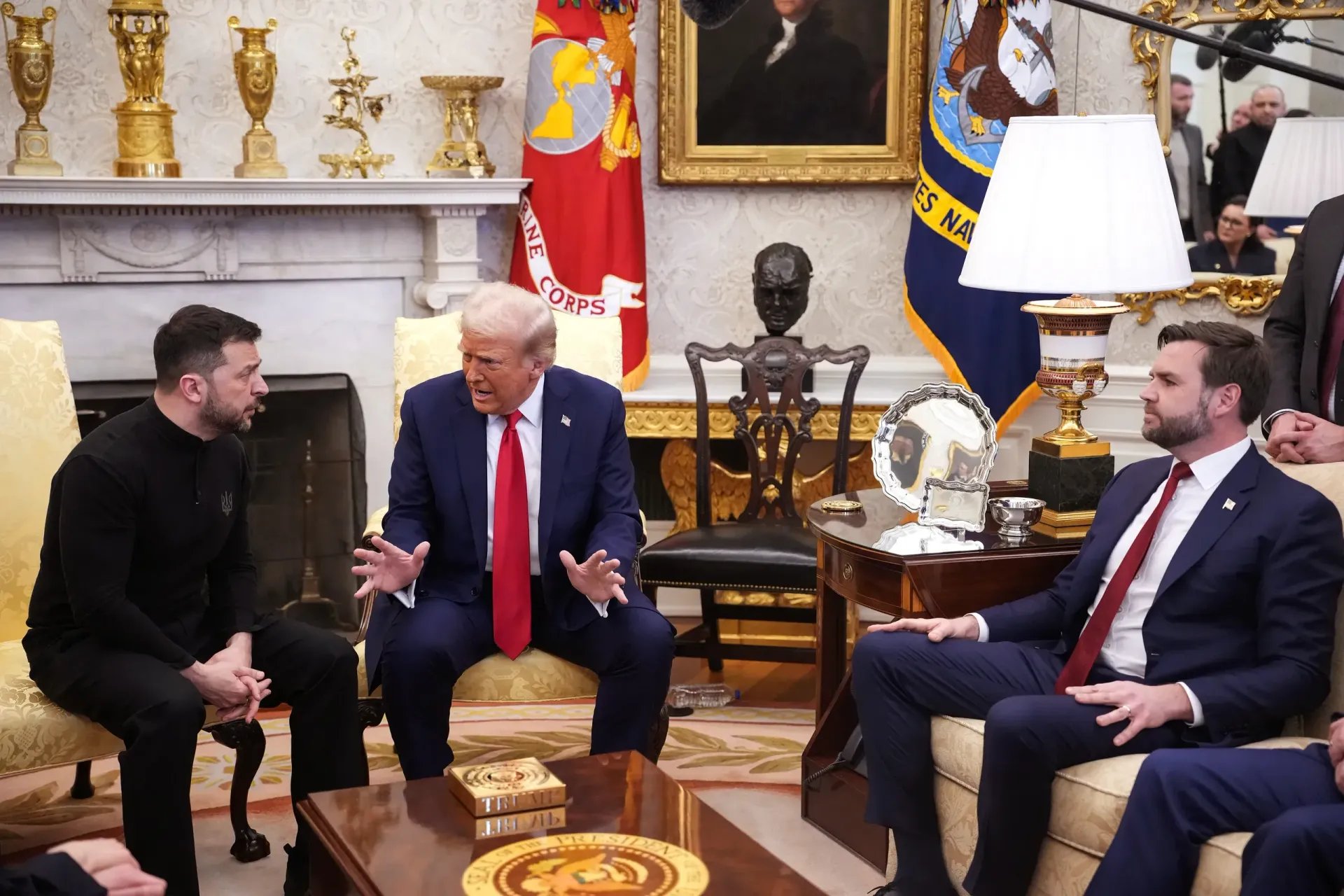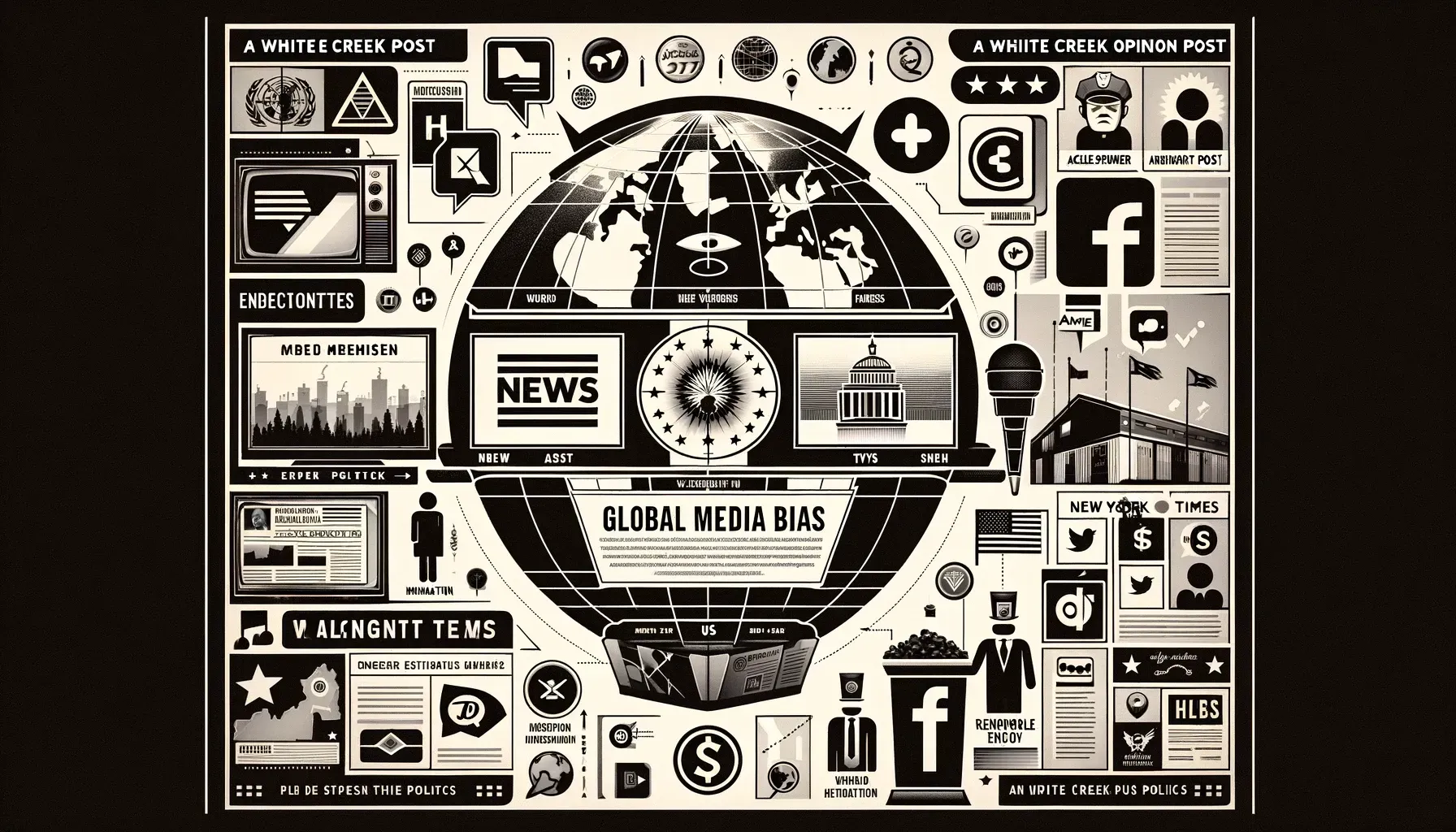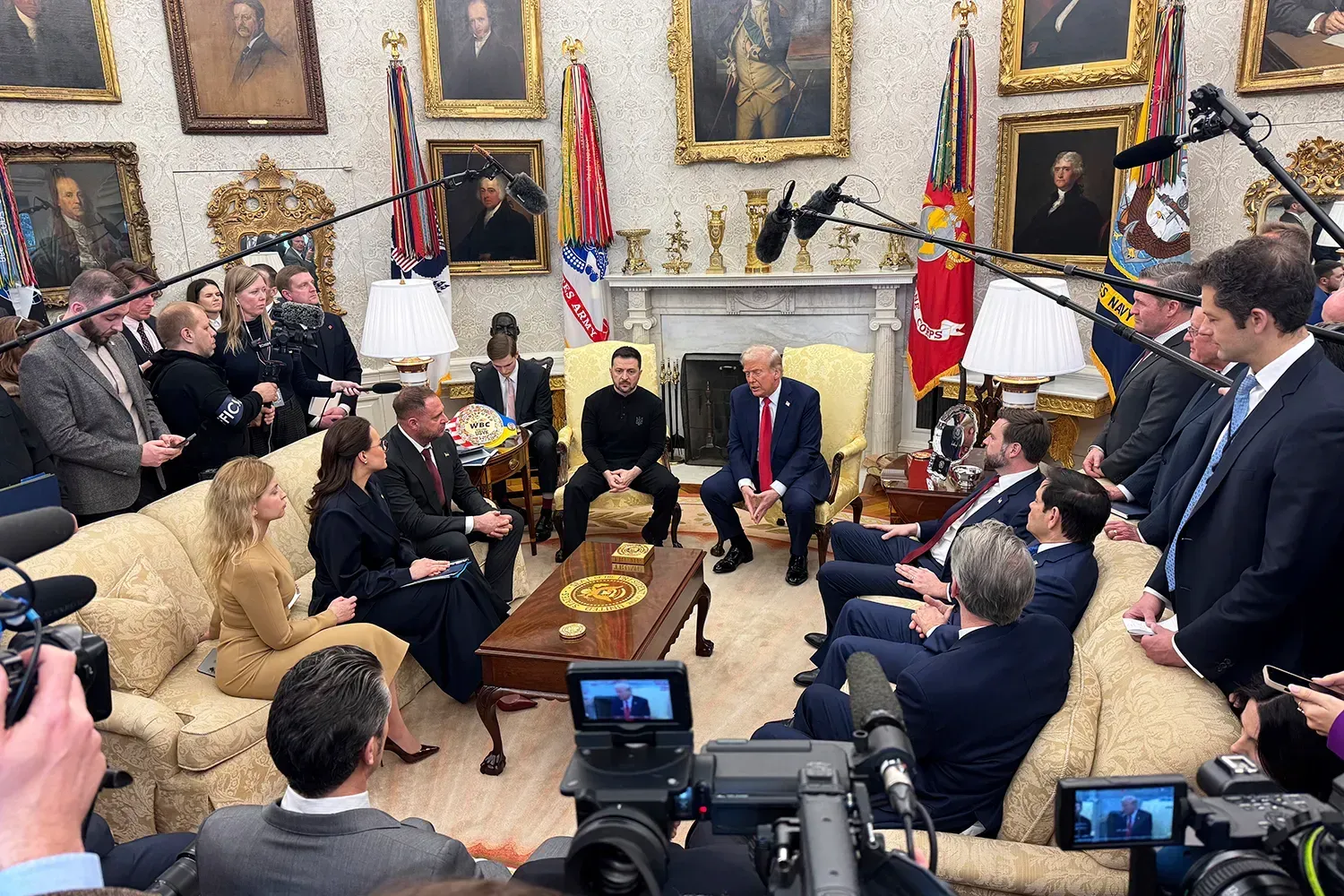The Trump-Musk Alliance: Reshaping America's Political and Economic Landscape
Trump’s steamroller is now moving — you either jump on board or get rolled over. Chuck Schumer’s attempts as a YouTuber won’t change that. Once the idea of sharing "scam" money with taxpayers catches on, it might even win over some Democrats—though maybe not the "dead" ones. For those who still don’t understand his strategy, read The Art of the Deal. You don’t have to copy it, but it helps to grasp the chaos-driven approach he thrives on. His method is all about strategy, particularly when it comes to personal attacks —not just during election cycles.
In early January, the U.S. Treasury clawed back more than $31 million in improperly allocated federal payments—not just Social Security payments—that had been sent to deceased individuals. Former Treasury official David Lebryk described this as "just the tip of the iceberg."
Elon Musk is not the president and never will be. That would be far too boring for him. But like his platform X, he brings fresh perspectives, analytics, and young "stormers" who aim to revolutionize Washington, D.C. New technologies and basic cost-benefit analysis will drive government expenses down, making the government more efficient. Whether this translates into lower taxes or deficit reduction will be decided in the midterms. One thing is certain: there will be less money flowing into election cycles.
Musk’s alignment with Trump has moved at lightning speed. Less than a year ago, he endorsed Trump, donated millions to his campaign, and quickly became a key player in the administration. While many dismissed DOGE as a gimmick, it has proven otherwise. In just weeks, Musk has disrupted federal operations, leaving many questioning his motivations—whether it’s purely about amassing wealth or if that was just a stepping stone to power.
The federal government employs about three million people. So, the 70,000 federal workers taking a buyout under DOGE won’t make a major impact—even if 300,000 left, the system would continue. In successful businesses, an annual 10% reduction is standard practice; it ensures meritocracy. Any other system—like DEI—just results in overemployment and decreased productivity. Here’s a breakdown of federal employment by state.



Sign Up For Our Newsletter
We will get back to you as soon as possible
Please try again later





